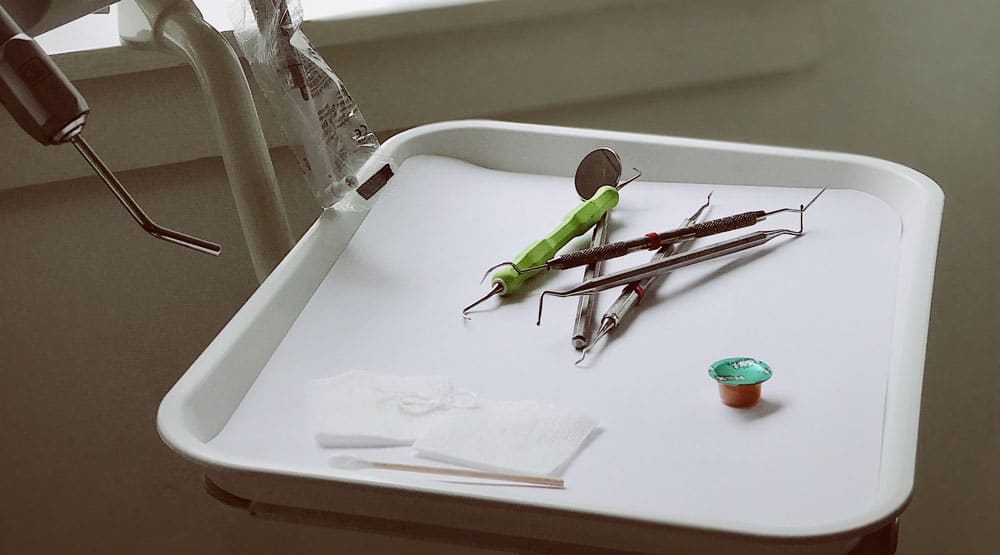Dental implants are artificial tooth root replacements. They stimulate the production of new bone and periodontal ligament and keep embracement with existing teeth. Implants provide stability that dentures and bridgework cannot and perform much better with natural chewing action.
Because every patient’s dental health problems vary, finding a dentist who provides personalized dental care will help you achieve your desired results. When choosing a dentist, you should look for one who offers comprehensive dental care to his or her patients. Dental offices provide a wide range of general dentistry procedures, including dental implants. Implants are general dentistry procedures that involve the placement of long-lasting, artificial teeth that look and function like natural teeth. This procedure is painless and results in a long-lasting smile. Furthermore, this procedure is safe and efficient, especially when carried out by trained dental implant specialists.
In This Article
Why Would You Need Dental Implants?
They are used to replace teeth that have been lost due to tooth decay, medications, gum disease, and other factors. It allows the patient to chew and bite a wide variety of foods by implanting new teeth. Furthermore, these implants do not replace the entire teeth; rather, they restore the bite strength, allowing you to eat more effectively. They not only strengthen the oral cavity, but they also help you restore your confidence. You will be able to socialize, without being concerned about your mouth’s appearance.
The quality of the jawbone beneath a missing tooth is jeopardized. The adjacent teeth then start to drift away from each other. This leads to the slow deterioration of the jawbone, which results in facial distortion. When a missing tooth is substituted with a prosthetic tooth, the jaw’s integrity is preserved.
Will You Feel Any Pain?
You won’t feel any pain during the procedure because you’ll be sleeping under general anesthesia. Once the dental implant procedure is completed, you will be given a long-lasting pain reliever. This will keep you comfortable, for a couple of hours, after you awaken. You will also be given painkillers to take at home as well. However, it’s likely that you won’t need it.
What Types of Foods Can You Eat After Surgery?
As a part of the healing process, you will be placed on a soft diet. This will allow your oral cavity to heal properly. Foods that you will be recommended to eat include soft breads, soups, soft veggies and fruits, and other foods that don’t require alot of biting.
Chewy foods, such as chicken, and foods that exert pressure to chomp, such as a whole peach, can put stress on the implants during the healing process. If food with small, loose chunks, such as peanuts, gets stuck in the prosthetic teeth, it can infect the implants.
It will take about 6 months for your oral cavity to heal before you can eat normally again. After that, the implants will be properly fused in the mouth. It will also be durable enough to function similarly to a natural tooth.
Is Bone Grafting Needed?
Bone grafting may be required for patients with insufficient bone for the implants. This will extend a patient’s treatment, by 6 to 12 months and, sadly, may compromise the implant’s success. However, some implants, such as the Zygomatic Implant procedure, require the teeth to be implanted in the cheekbone. This eliminates the need for bone grafting.
Are Dental Implants Successful?
They have a variable success rate. It depends on the surgeon’s experience, the implant’s location, maintenance, and the type of implant used. High-quality implants, such as Zirconia and Titanium, placed by skilled surgeons last a long time. Implants made of less durable materials usually do not lasts as long.
In comparison to other available procedures, implants are both safe and predictable. However, any force applied to the face, as well as improper implant care at home, will jeopardize the implants’ success.











